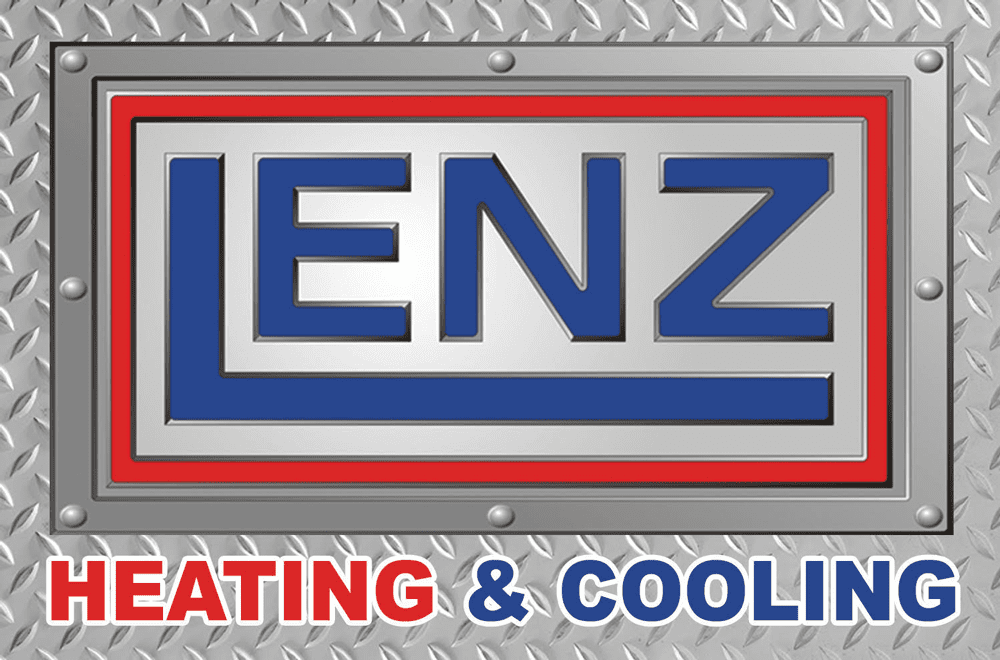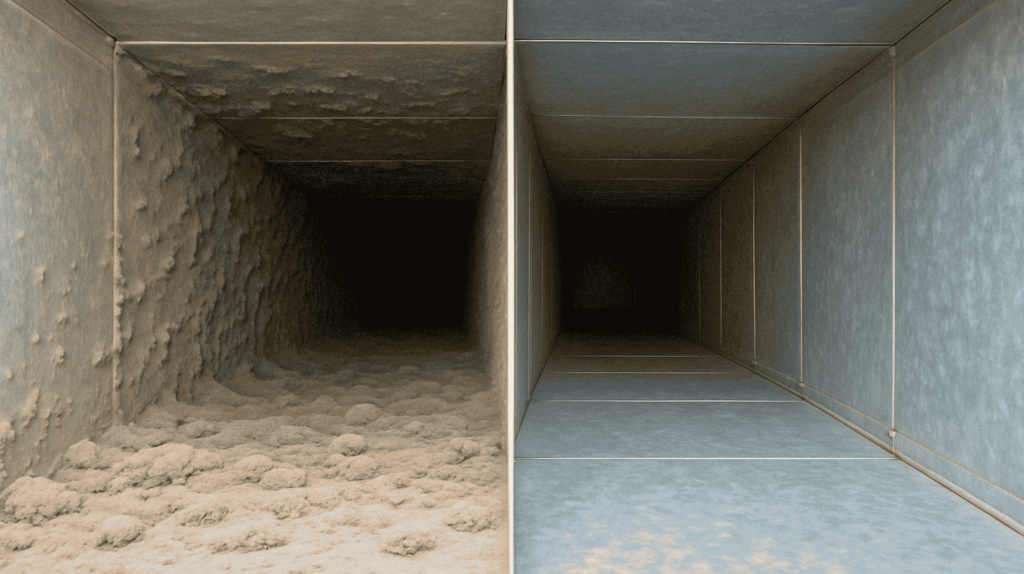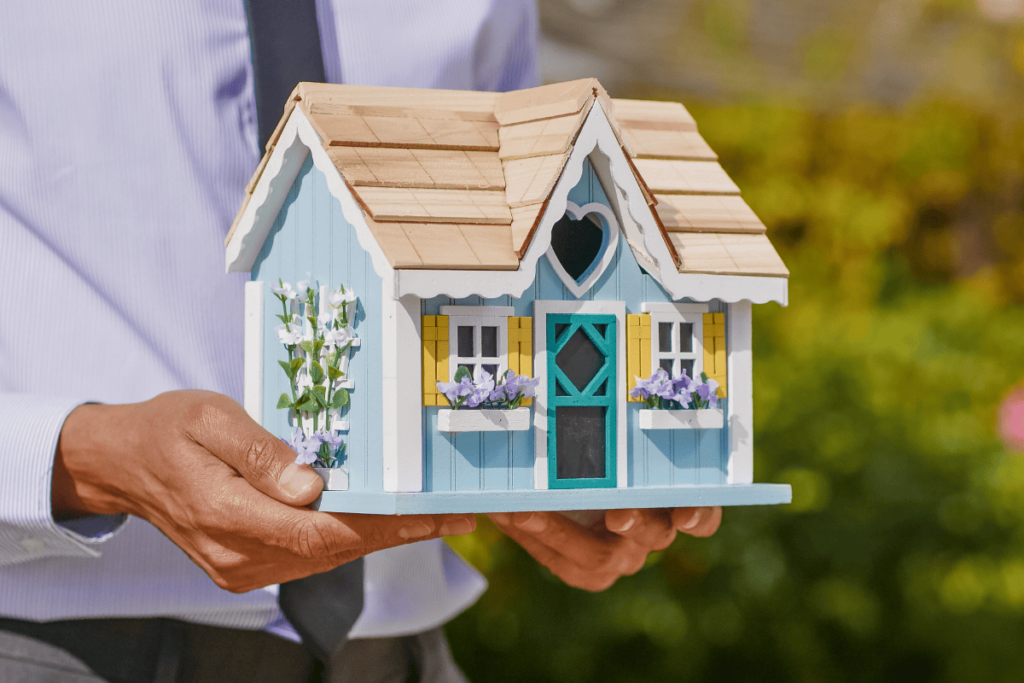A part from routine a/c tune ups, replacing the filter for the air conditioner in your home is one of the simplest things a homeowner can do to maintain the unit’s functionality and overall indoor air quality. But just how often should you change your air filter? The answer to that question depends on many factors, including the weather, how many people occupy your home, if you own pets, if you experience allergies, and the type of air filter your unit requires.
When to Change Your A/C Air Filter
Before the weather gets too warm in Iowa, it’s definitely a good idea to check your air filter and replace it if it looks dirty. Air filters help prevent dust, dirt, dander, hair, debris, and other small particles from cycling through your home. Filters are responsible for making your family’s air cleaner and more breathable. You should change your filter more often if you have pets, allergies, or if several people are living in your home. The list below provides a general guideline for how often you should change your filter, but be sure to read the owner’s manual for your a/c unit, as the manufacturer guidelines may vary.
- Homeowners with multiple pets or allergies should change the air filter every 30 to 45 days.
- If you have only one pet, replace the filter every 60 days.
- A standard suburban home without pets will need a new filter every 90 days.
- If your home is seldom occupied (such as a vacation home) or if you are single without any pets or allergies, replace your filter every 6 to 12 months.
Keep in mind that homeowners who live in construction zones or areas with greater outdoor air pollution will need to change their air filters more frequently.
How Clogged Air Filters Affect A/C Performance
The quality of your air filter has a major impact on your air conditioner’s efficiency and performance. One of the first things an HVAC technician will check when making a service call is the filter because many air conditioner problems can actually be attributed to a dirty air filter. Regularly checking the filter can prevent or resolve issues that could have otherwise resulted in costly air conditioner repairs.
Increased Wear and Tear
Dirty air filters make your a/c unit work harder in order to maintain its performance; however, the dirty filter severely restricts airflow. Some of the most expensive air conditioner parts, such as the blower motor or overhead motor, are strained by this limited airflow, significantly reducing the efficiency and longevity of the unit and its parts. With the increased wear and tear, a clogged filter may require you to repair or replace your air conditioner before you really needed to.
Higher Heating and Cooling Bills
Because the blower fan and compressor must run longer to balance the effects of restricted airflow, more electricity is required to operate your a/c unit when the filter is dirty. If you notice a spike in your heating and cooling bills, you may want to check the air filter. Once the filter is replaced, you should see your utility bills decrease.
Poor Indoor Air Quality
A dirty air filter translates to poor indoor air quality. If your filter is clogged, it cannot effectively remove airborne particles, including allergens such as pollen, mold, and dust mites. Additionally, microorganisms are more likely to grow and spread in environments with an obstructed air filter. These contaminants can exacerbate allergies and asthma and make your family more prone to upper respiratory infections.
Additional Duct Cleaning
A clogged filter causes air bypass, which means unfiltered air constantly circulates through your home’s ductwork. While the Lenz Heating & Cooling technicians recommend routine duct cleaning to maintain the best air quality, a dirty air filter may require you to clean the ducts more often than necessary due to the extra accumulation of dust, dirt, and debris.
If you’re unsure when to change your filter, or if you need help replacing your air filter, call the professional HVAC contractors at Lenz Heating & Cooling. We’re happy to assist you with all your air conditioner and indoor air quality questions, and we’ll even demonstrate how to properly change the air filter on your unit. Stay tuned for our next HVAC blog post where we’ll explain the different types of air filters. Being proactive is the best approach to heating and cooling performance, so remember to check your air filter before Des Moines really starts to heat up this summer!





